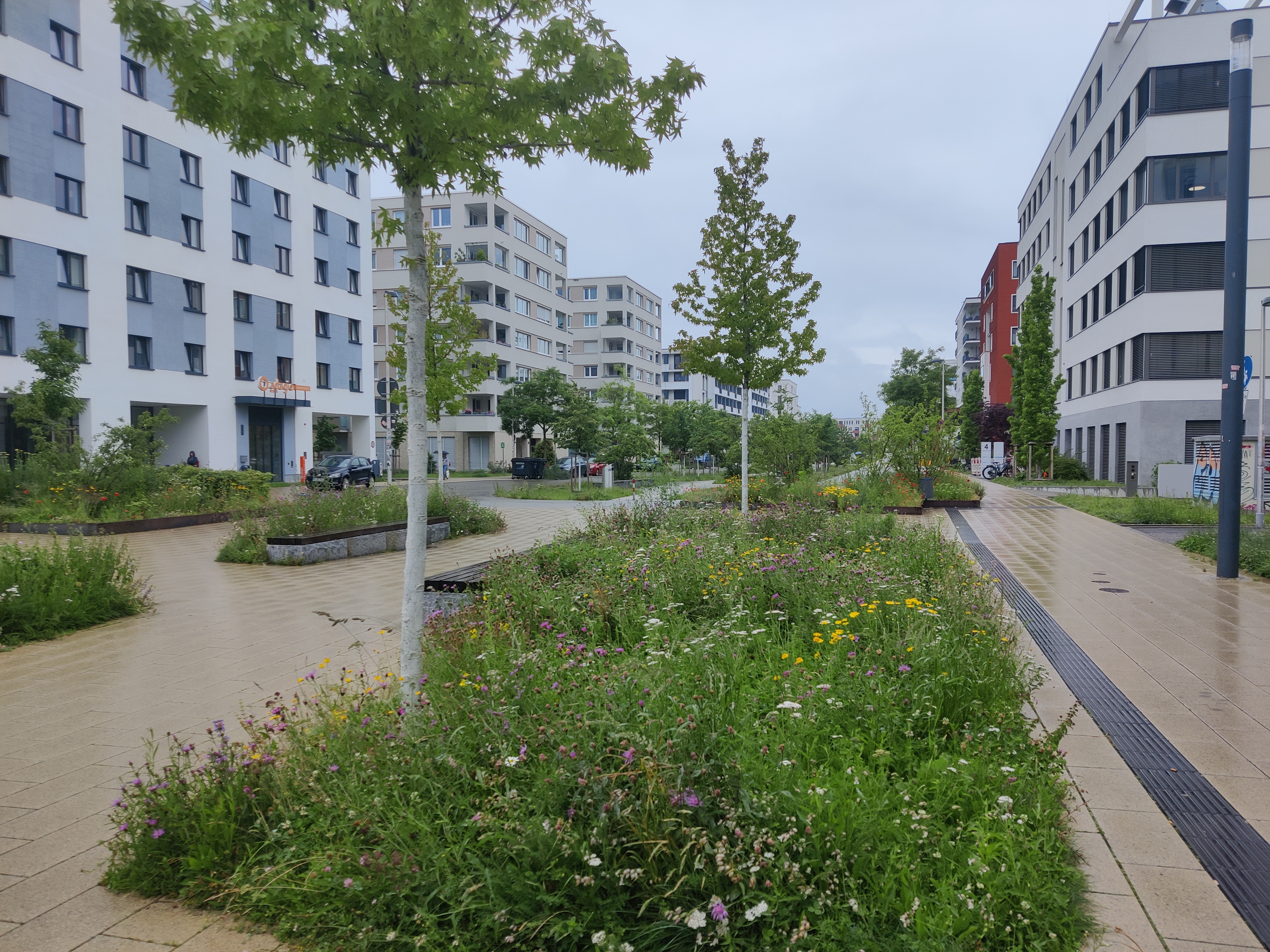Carbon cycle in urban green spaces
We develop methods to reliably estimate urban carbon sequestration and greenhouse gas exchange in current and future climates for atmospheric science, climate policy, and sustainable urban development.
We use a range of ground and satellite observations and process-based models in collaboration with several research organisations across Europe.

Ongoing research projects:
CO-CARBON – Individuals, communities and municipalities mitigating climate change by carbon smart green space (2020-2026)
CO-CARBON is a multidisciplinary research project in which our task is to measure and model carbon sequestration of urban green infrastructure. New solutions for designing, building, and maintaining carbon-smart urban green infrastructure are developed not only through scientific research but also co-creatively together with residents, companies, cities, and other interest organisations.
Digital CityCarbon 2.0 Uusimaa and Kanta-Häme (2024-2025)
The projects produce new and supplementary data and method recommendations regarding natural carbon sinks in urban areas to support low carbon work of cities. Our task is to utilize process-based ecosystem models to simulate carbon sequestration.
ICOS CITIES – Pilot application in urban landscapes - Towards integrated city observatories for greenhouse gases (2021-2025)
Our task is to coordinate comparison and testing of different ecosystem models for urban biogenic carbon cycle with various observations collected in Zürich, Munich and Paris.
GHUGS – GreenHouse gas dynamics of Urban Green Space (2024-2028)
Our main task is to understand and model dynamics of the exchange of other important greenhouse gases, methane and nitrous oxide, in addition to carbon sequestration, using new observations covering different types of urban vegetation and different types of green space construction and maintenance.
TerraDT – Digital Twin of Earth system for Cryosphere, Land surface and related interactions (2025-2029)
Our main task is to develop an urban biogenic carbon cycle emulator based on the tested and verified process-based ecosystem model JSBACH, and to demonstrate the emulator linked to an energy model in some test cities around Europe.